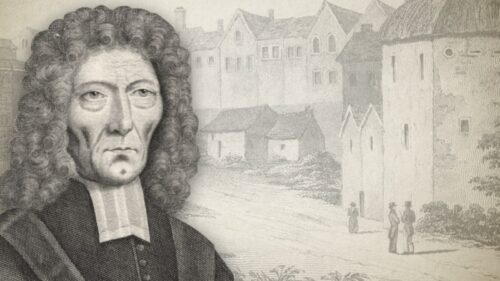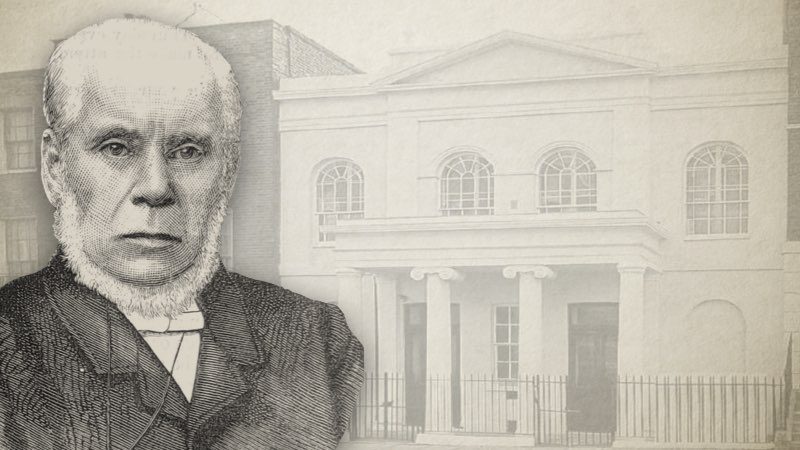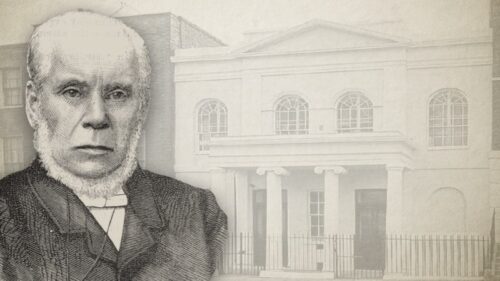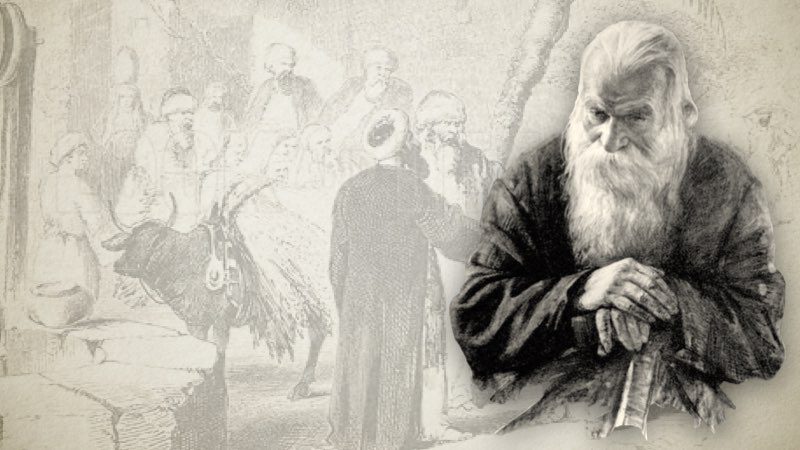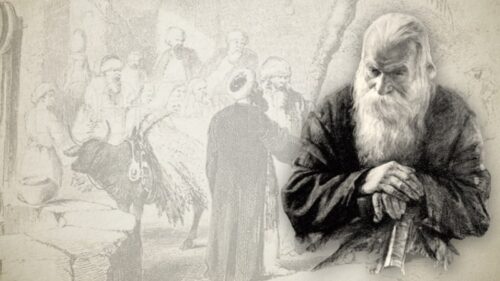-
Hyper-Calvinists: A Caricature
Wade Burleson wrote an article entitled, “The Problem of Calling People Hyper-Calvinists”.[1] Having attended the John 3:16 Conference in 2008, he described how Dr. David Allen, Professor of Preaching at Southwestern Theological Seminary, circulated a handout that listed a dozen names identified as “Hyper-Calvinists”. Following Dr. Allen in the pulpit, was Dr. Steve Lempke of New Orleans, who made the observation, “I am not sure that there is such a thing as a living hyper-calvinist. I find that those who call others hyper-calvinists have simply run into people more calvinistic than they are.” Yet, there is a listing for “Hyper-Calvinism” in the New Dictionary of Theology.[2] The definition is framed by Dr. Curt Daniel, who earned a doctorate studying “hyper” Calvinism: “It is that school…
-
A Classic Misrepresentation of High-Calvinism
Here is a classic misrepresentation of High-Calvinism, and the misleading assertion that Fuller was the hero who rescued the Particular Baptists from ‘Hyperism’: “Fuller’s pastorate at Soham, which lasted until 1782 when he moved to pastor the Baptist church in Kettering, Northamptonshire, was a decisive period for the shaping of his theological outlook. It was during his time there that he decisively rejected High Calvinism (i.e., an emphasis on the sovereignty of God in salvation to an extent which denied the free offer of the gospel and seriously hampered effective evangelism. Fuller said that his predecessor ‘had little or nothing to say to the unconverted.’).”[1] First, denying the free-offer is not an extreme emphasis on the sovereignty of God in salvation, it is a consistent…
-
Sermon Notes on Romans 9
Having not been able to complete the scheduled Bible study for the mid-week service, I threw together some notes on the ninth chapter of Romans. It is not often I go ‘old school’ by scribbling on the nearest blank piece of paper. After teaching the study, I proceeded to broaden my notes for future reference. As the notes set forth a statement on High-Calvinism, I’ve chosen to include them with the online resources of the AHB. There are two sets of notes—the handwritten scribble is what I used in the pulpit (I haven’t bothered typing them out); the typed notes are what I jotted down after teaching the study. The key to unravelling the teaching on election (in particular, the Father’s work in the Covenant…
-
A Biography of John Hazelton, by William Styles (Complete), Jared Smith On Various Issues, William Styles, A Memoir Of John Hazelton (Complete)
John Hazelton: What He Can Teach Us
On Friday, 21st March 2014, Dr. Matthew Hyde delivered the annual lecture for the Strict Baptist Historical Society at Bethesda Chapel.[1] After the lecture, he and I shared a brief exchange on the subject of high-calvinism and nineteenth-century Strict Baptist pastors. Since one of these pastors, John Hazelton, had been connected with the church that I pastor,[2] his name naturally came up. Subsequent to our chat, Dr. Hyde graciously gave me one of his copies of William Styles’, “John Hazelton: A Memoir”. I believe Baptists should be familiar with the life and ministry of John Hazelton for three reasons: First, the life and ministry of John Hazelton is worth knowing because he was one of the leading Baptist ministers in the city of London during…
-
Preface
The subject of eldership in Baptist circles has been one of the most misunderstood issues of recent years, with the result that it has become fashionable and even considered orthodox for churches to supplement or replace a single pastor with a team of ‘elders’. I contend this mode of governance is unscriptural, impractical and unconventional. This pamphlet is designed to argue the case why Baptist churches should retain their historic practice of appointing one bishop/pastor, assisted by a group of deacons. I have completed a comprehensive textbook on this subject, which is under review for publication. In the interim, this pamphlet is an abridged preview of the larger forthcoming work, and I extend special thanks to Adam Nixon who encouraged the pamphlet’s preparation, and to…
-
An Introduction To Eldership
It is commonplace to hear it staunchly affirmed by preachers that the term elder is one and the same with bishop and pastor; that the term is usually used in the plural, indicating the early churches were overseen by a plurality of elders. Hence, it is argued, if churches today are to reflect the most Scriptural form of governance, then elders must be appointed as overseers. • Some believe there is parity among the elders, wherein all share equal authority as teachers/rulers; whereas others believe there is a difference between the elders, wherein some are set apart with a gift for teaching and others with a gift for ruling. • Some will only use the title Elder to identify the office, whereas others will also…







